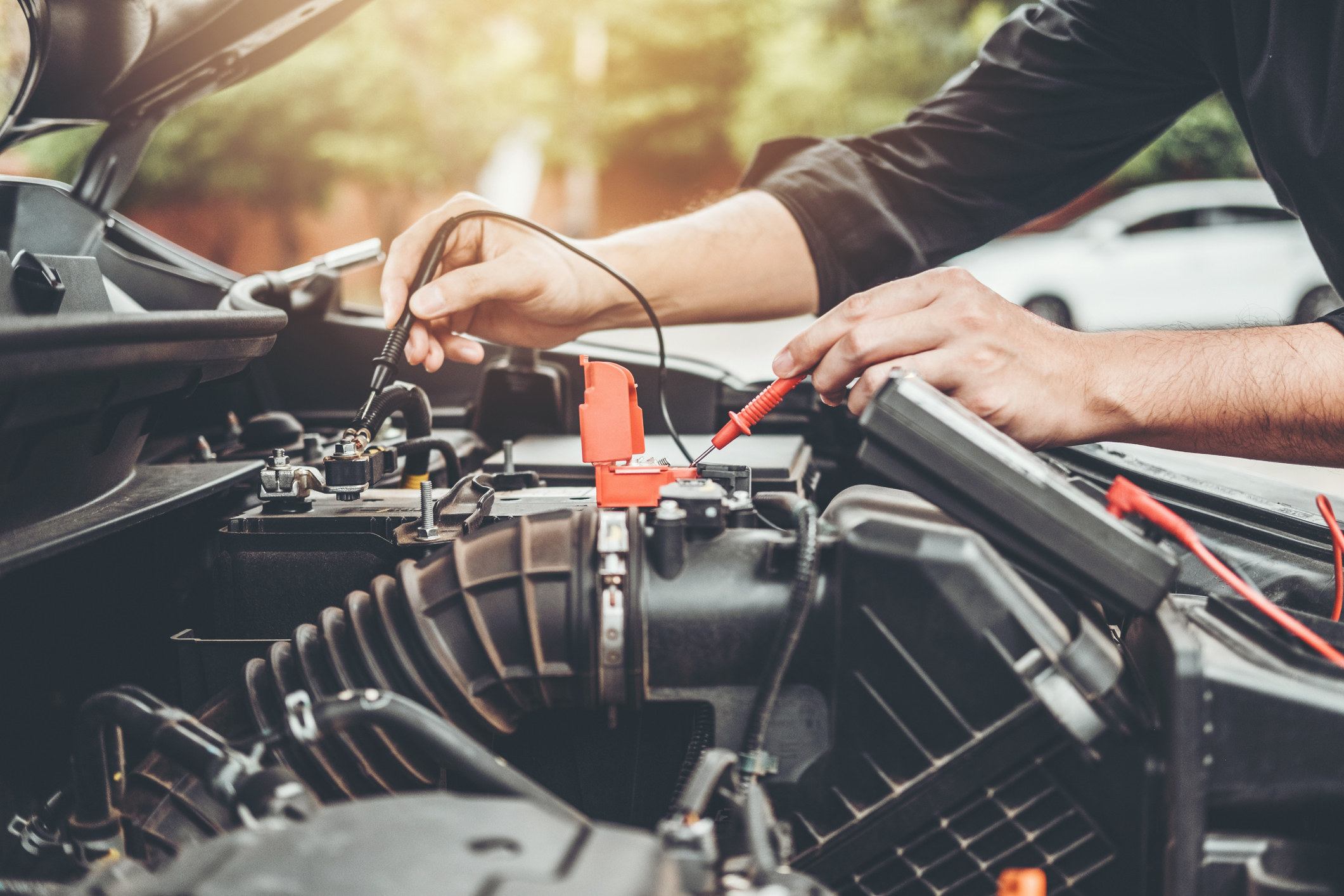All Categories
Featured

Understanding the distinction in between routine upkeep and repairs is essential to guaranteeing your cars and truck remains in top condition and operates successfully throughout its life. While both are essential for car maintenance, they offer different objectives. Routine maintenance has to do with avoidance and continuous treatment, while fixings are needed when something breaks or breakdowns. Right here's an introduction of what each involves and how they differ.
Routine Upkeep: Preventing Future Troubles. Routine maintenance entails the regular, scheduled solutions that maintain your car in great working order and prevent concerns from developing. These tasks are created to make certain that all components of your car continue to work as they need to and help keep the automobile's dependability. Routine maintenance is normally outlined in your cars and truck's proprietor handbook, specifying when to perform certain jobs based upon mileage or time periods.

Some instances of routine upkeep include:
Oil Modifications: Oil lubes the engine, guaranteeing it runs efficiently and efficiently. Routine oil modifications, normally every 3,000 to 5,000 miles, assistance protect against engine wear and maintain the automobile running efficiently. Tire Turning and Balancing: Tire rotation helps level tire wear, while stabilizing makes certain smooth handling and improves tire longevity. This should be done every 6,000 to 8,000 miles. Brake Inspections: Your vehicle's stopping system needs regular checks to guarantee the pads remain in good condition, the fluid levels suffice, and the blades are functioning well. Fluid Checks: Maintaining an eye on important fluids, including transmission liquid, coolant, brake liquid, and power guiding liquid, assists keep the engine and various other systems operating efficiently. Air Filter Replacement: The engine air filter maintains dirt and debris from going into the engine. Changing it frequently assists keep engine efficiency and gas effectiveness. These upkeep tasks are preventive in nature, created to extend the life of your automobile and lower the danger of failures. By executing normal upkeep, you can capture little concerns before they rise into bigger, much more expensive problems.
Repair Works: Dealing With Problems That Arise. Repairs, on the other hand, are essential when a part of your vehicle fails or damages down. Repair services are typically unexpected and are called for to recover the lorry's performance and security. Unlike regular upkeep, which is focused on avoidance, repairs are reactive steps taken when something malfunctions or wears. While some repairs may be minor, others can be much more pricey and complex.

Examples of common repair services consist of:
Transmission Issues: Problems such as sliding gears, trouble shifting, or odd noises may indicate a breakdown in the transmission, requiring fixings or substitute. Engine Fixes: If the engine is misfiring, overheating, or revealing other signs of trouble, it might require a fixing or replacement of specific components like the stimulate plugs, timing belt, or sensors. Brake Fixes: If your brakes are squeaking, making grinding noises, or failing to stop the lorry properly, you might require to change brake calipers, pads, or rotors. Battery Replacement: If the auto has problem starting or the battery caution light appears, it might be time to replace the battery. Suspension and Guiding Fixings: If you experience irregular tire wear, a harsh adventure, or difficulty steering, it might be an indication that the suspension system or guiding elements need repair service. Repair work are normally much more pricey than routine upkeep since they include taking care of concerns that can influence the vehicle's safety or functionality. Depending on the seriousness of the issue, fixings might call for specific components and labor.
Trick Distinctions In Between Regular Maintenance and Repair Work. Purpose: Routine upkeep aims to stop concerns and make sure that the automobile runs successfully. Repairs are required to deal with issues that have actually currently happened. Frequency: Maintenance tasks are performed on a regular timetable, while fixings are required when specific issues arise all of a sudden. Cost: Routine maintenance is usually less costly, as it includes minor checks, modifications, and part substitutes. Fixings can be more costly due to labor and components associated with fixing busted components. Timing: Maintenance is foreseeable and intended, whereas repair services occur when something fails, typically bring about more urgent focus. The Relevance of Both Regular Upkeep and Repair Services. While regular maintenance is essential for minimizing the requirement for fixings, repair services are in some cases inevitable. Also the best-maintained lorries can experience deterioration in time. It's important to be aggressive with upkeep and address repairs without delay to guarantee your auto stays safe and reliable to drive.
By staying on top of regular maintenance jobs, you can reduce the threat of needing expensive repair work. When repairs are needed, resolving them early can help prevent additional damages and ensure that your vehicle remains to execute at its finest.
Conclusion. In summary, regular maintenance and fixings are both essential components of car care. Routine upkeep aids protect against concerns and guarantees your automobile is running smoothly, while repair work are required to fix issues that arise suddenly. By balancing routine maintenance with prompt repair work, you can expand the life of your car and appreciate a more secure, more dependable driving experience.
Latest Posts
Discover the Perfect Floor Tile Flooring at Carpet Interiors Floor & Home
Published Apr 21, 25
1 min read
Top-Quality Auto Solutions at Montclare Auto Repair - See Our Offerings
Published Apr 21, 25
2 min read
Optimize Your Financial savings with WyHy's Certification Fees
Published Apr 21, 25
1 min read
More
Latest Posts
Discover the Perfect Floor Tile Flooring at Carpet Interiors Floor & Home
Published Apr 21, 25
1 min read
Top-Quality Auto Solutions at Montclare Auto Repair - See Our Offerings
Published Apr 21, 25
2 min read
Optimize Your Financial savings with WyHy's Certification Fees
Published Apr 21, 25
1 min read